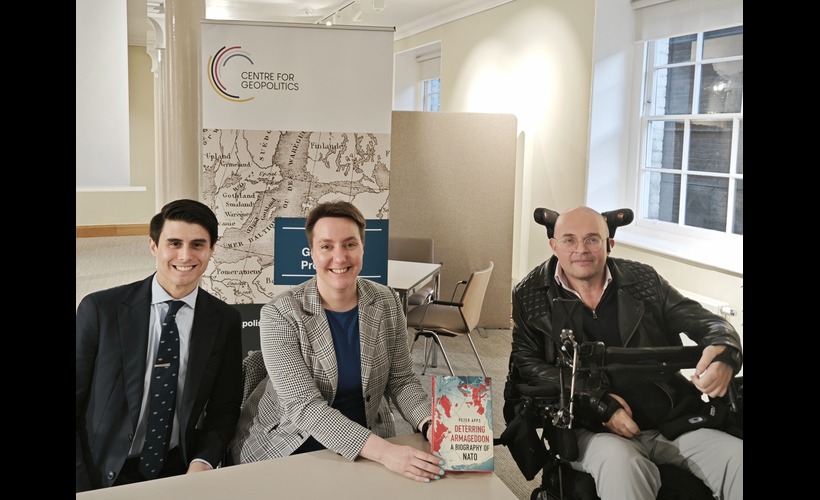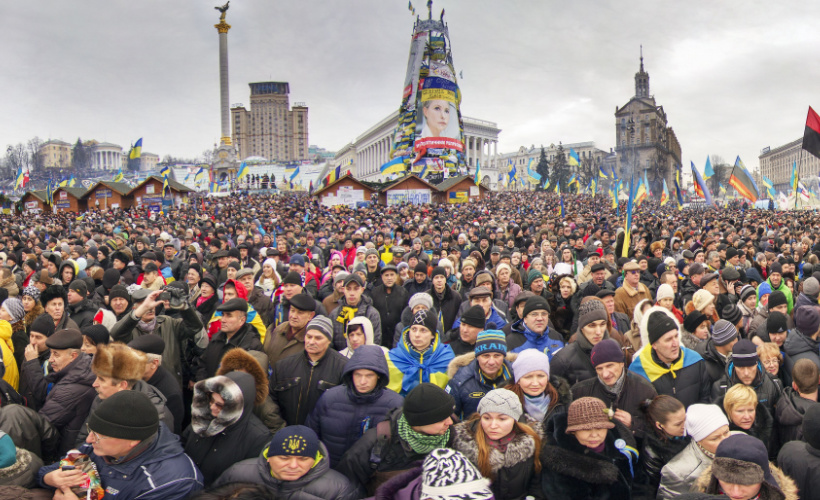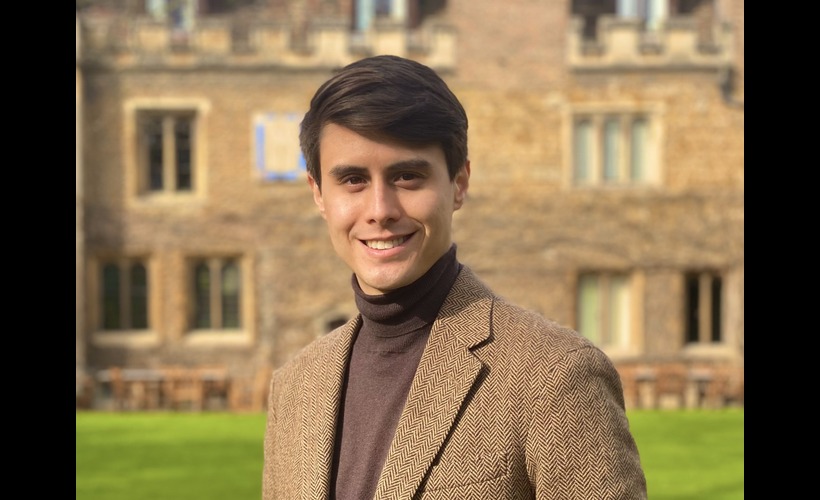The ‘Baltic Geopolitics’ project of the Centre for Geopolitics got off to a flying start at its launch on Wednesday, 20 January 2021, which was attended by almost 300 people. It was opened by H.E. Kersti Kajulaid, the President of the Republic of Estonia. The former Home Secretary Charles Clarke, who is leading this project with Centre Director Professor Brendan Simms, chaired a panel consisting of Professor John Bew, foreign policy advisor to the Prime Minister Boris Johnson, the distinguished maritime historian Professor David Abulafia, and the noted writer and analyst Edward Lucas. The new ‘Baltic Geopolitics Network’ which includes academics from universities in eight countries of the Baltic Sea Region was also introduced.
We heard that the relationship between Britain and the Baltic has generally been positive, with a tradition of deep security links and political affinities. The UK, for example, acted as midwife to Estonian independence after the First World War, and currently contributes heavily to Estonian security through NATO. But there have also been more conflictual moments, for example when the Royal Navy launched a ferocious attack on Copenhagen in 1807. Even today, there are potential areas of tension, largely arising out of the fact that the Baltic Sea region is part both of NATO, where the UK is a leading power, and the EU, of which the UK is no longer a member. You can watch the video of the event in the sidebar.
The Baltic project speaks to two major concerns of the Centre. First, studying and learning from history. Thanks to the support of the Swedish Margaret and Axel Ax:son Johnson Foundation for Public Benefit we have become leaders in the field of ‘Applied History’. Secondly, our assumption that the relationship between UK and EU will matter more and not less after Brexit. We hope that the study of the British engagement with the Baltic as a geopolitical space over time will serve as a model for future research on British strategic engagement in Europe and the wider world.
Our aim is to have a fully-funded Baltic Geopolitics Programme at Cambridge up and running by 2025, perhaps sooner. Ideally, we would like to have an endowed chair, a lectureship, two post-docs and four funded PhD studentships.
We have been greatly heartened by the positive response to our plans at governmental level, both in this country and in the Baltic Sea Region, and from scholars.
We have an exciting programme of events planned for this year, including one in March on the ‘Baltic after Brexit’, and another in May on ‘Britain and the Baltic during the Cold War’.
There will also be a strong teaching component. In October of this year, we will be putting on a course on ‘Britain and the Geopolitics of the Baltic, 1600 to the present’ for the Cambridge MPhil in Politics and International Relations.






